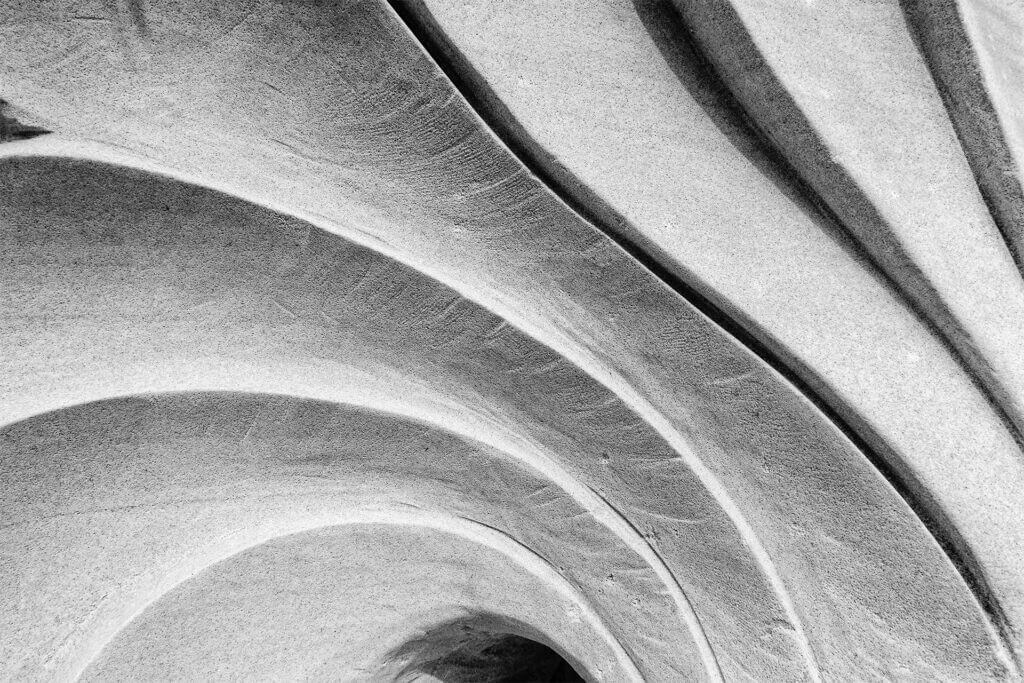Various witnesses who can invoke the right to refuse to give evidence
A witness who has been called must always appear in court. If the witness has not appeared at the hearing, the judge can order that the witness be brought before him by the public authorities (Article 172 DCCP). Under certain circumstances, a witness can invoke his right to refuse to give evidence. By invoking the right to refuse to give evidence, a witness can leave the relevant question(s) unanswered.
When a witness can invoke the right to refuse to give evidence, he is not required to testify. The following parties may waive the obligation to testify:
- The (former) spouse and the (former) registered partner of a party (Article 165(2)(a) DCCP).
- The blood relatives or relatives by marriage of a party, including spouse or registered partner up to the second degree (Article 165(2)(a) DCCP).
- Parties that are obliged to secrecy by virtue of their office, profession or position, such as lawyers, civil-law notaries, doctors and clergy (Article 165(2)(b) DCCP).
If you as a witness are not listed here, you cannot invoke the right to refuse to give evidence.
Breach of right to refuse to give evidence
Nevertheless, the right to refuse to give evidence can be breached in exceptional situations. Case law of the Supreme Court has shown that in very special circumstances, a witness cannot invoke the right to refuse to give evidence. For example, parties that are obliged to maintain secrecy by virtue of their office, profession or position must still provide information in exceptional cases. In cases like this, it is important to get the truth before secrecy. Such an exceptional situation can arise, for example, if the lawyer himself is also suspected of a (serious) criminal offence.

Invoke the right to refuse to give evidence? VIOTTA is pleased to help
The lawyers at VIOTTA are pleased to help you with questions about the right to refuse to give evidence, or other obligations during a testimony.
Do you want to get in contact with VIOTTA?










